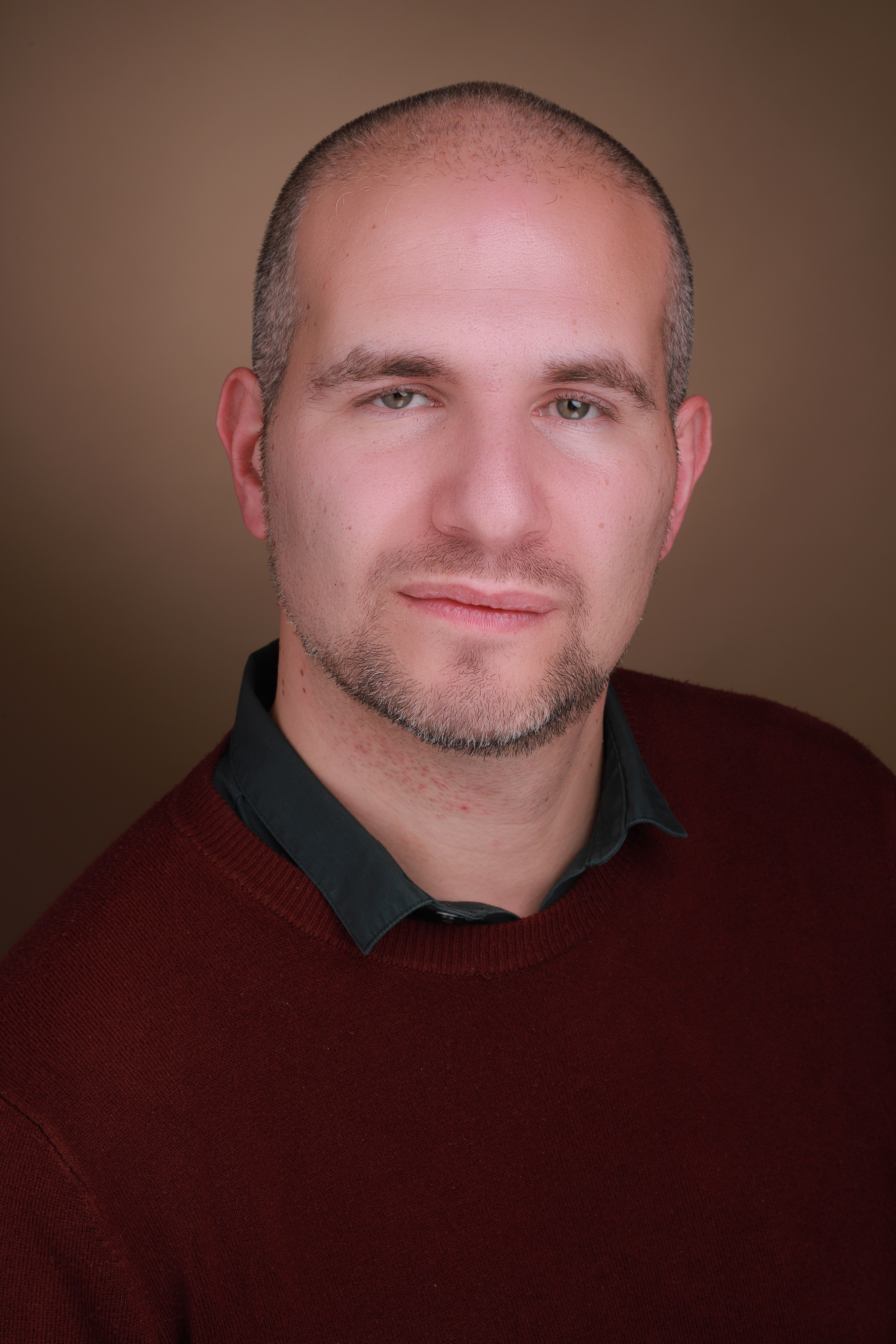'I don't know.' Not a popular statement to make. As children, not knowing the answer could lead us to feel humiliated and full of shame. We are a culture that is expected to know. To have certainty. To clearly know who we are and where we are headed.
Clients often come into therapy because they are faced with a part of themselves that doesn't know. That can be very frightening. All the familiar ways of seeing the world have collapsed: that job, that relationship, that money in the bank account. An aspect that felt like a core part of their identity has suddenly fallen apart and they don't know what to do next.
The obvious option is to claw onto something else that seems certain, to move into another role that keeps the identity going, ensuring it is safe and protected. Yet, most of us at some point will realise this game becomes futile.
Psychosynthesis and uncertainty
Psychosynthesis, as a type of therapy, offers points of reference for when we feel lost and confused. When we are left scrambling for a new identity. The wisdom of uncertainty.
A primary distinction is made between the 'child of self' and the 'child of history'. The child of self - that part of us which was born into this world with a natural joy and happiness, also known as spirit or soul. The blank canvas. Remember those times when you could just be yourself and have no fear of consequences - no sense of paralysis from guilt and shame?
Then, inevitably, the child of history comes along. Our parents and surroundings need to rein us in - we feel embarrassed about who we are because we need to fit in to survive. Thus, the false self arises.
The Mayan culture associated renewal and rebirth with becoming a helpless baby - renewal coming from resetting and innocence. Shamanic cultures would encourage their members who felt lost and confused to spend time alone in nature to reconnect to their true purpose, to return to their people renewed and refreshed as healers and medicine people.
Perhaps the modern day equivalent is the therapist providing a safe space for this confusion to be aired and not judged. To not try to change the client but help them to acknowledge the wisdom of what they are going through.
The therapist as ally
The founder of psychosynthesis, Roberto Assagioli, spoke of psychological laws - forces that influence us at the level of the unconscious. One of these laws revolves around the need to have a dark night of the soul. For each of us to fall into a state where we no longer know who we are, like a snake shedding its skin, being reborn. Reconnecting with our joy, love, ability to feel intimacy, as well as our assertiveness and potential to put clear boundaries in place.
A painful process, yet if we can find the right therapist, they can be a true ally in this journey. Just as Virgil supports Dante as he ventures ever deeper into the circles of Hell, all the while trusting that he will eventually reach the lighter spaces of purgatory and paradise.
As for psychotherapy, Thomas Moore speaks of this space as being comparable to the experience of the biblical Jonah. Jonah is stuck in the belly of the whale, darkness all around him. Yet, the whale is moving towards a destination, regardless of his own fear and uncertainty. A therapist who can hold that space and reflect that back to the client when they are struggling to see that bigger picture - that is a true ally indeed.
Trusting uncertainty
Uncertainty is an inevitable part of life. Even those parts of our lives we believe have certainty will at some point surprise us with their instability. The ancient Greeks named this process 'entropy', the constant movement back and forth between order and chaos. Can it be possible to trust this chaos in a world where order is determined to be the norm? Can we open to the depths of our souls that are revealed when we allow chaos to move completely through us, reshaping us into the beings that we came into this world to be?
As the French philosopher Blaise Pascal said: 'I do not know who put me in the world, nor what the world is, nor what I am myself. I am in a terrible ignorance about everything.'
How healing it can be when therapist and client are brought together, sitting in this existential uncertainty without having the need to find meaning and order. Sitting together in the cleansing fire of the old self as it falls away. Opening to renewal and the new, truly fulfilling life which is emerging.

